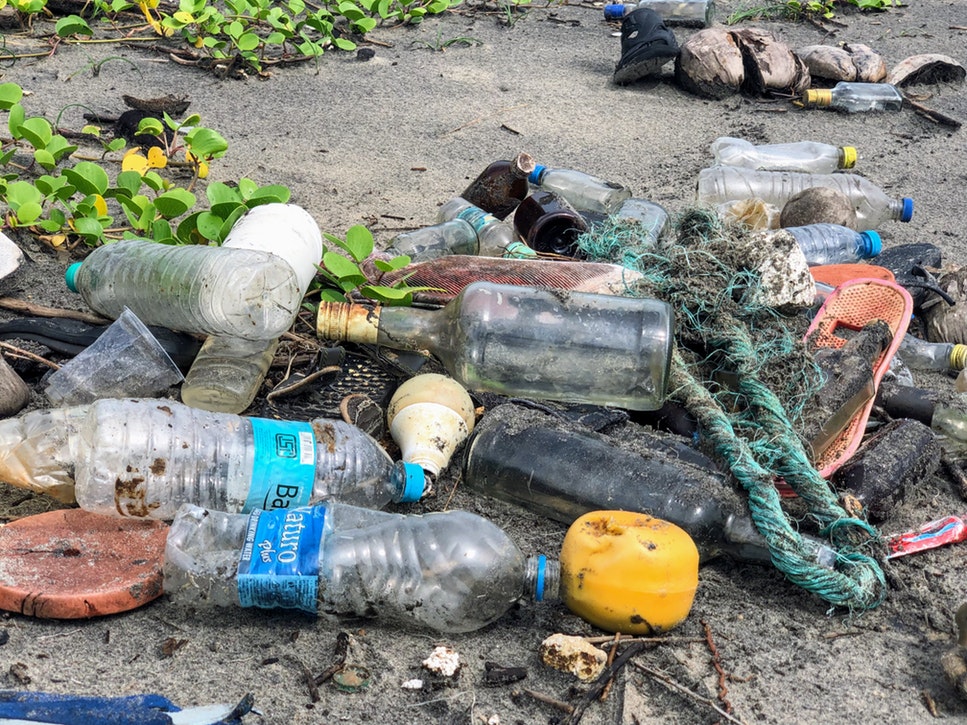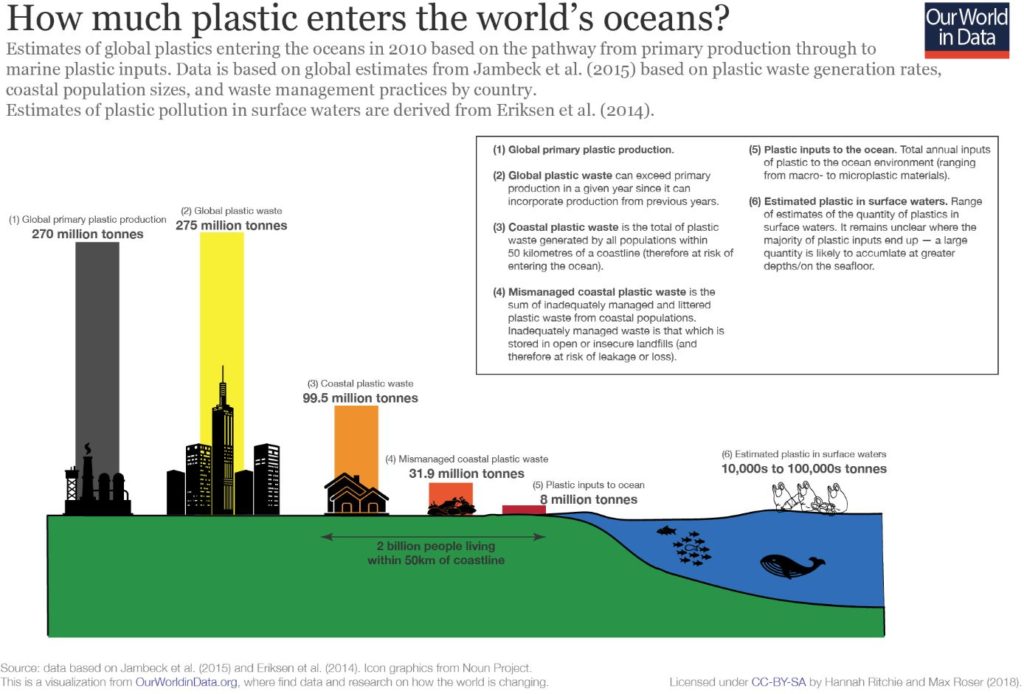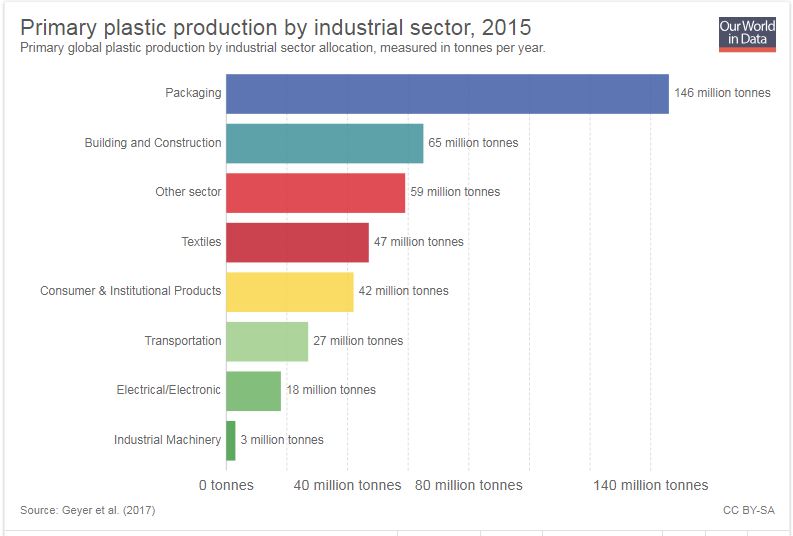The European Parliament recently voted a ban on particular single use plastics, things such as cutlery and plates, cotton buds, straws, drink-stirrers. The proposal is also demanding reduction in other single use plastics. The EU ban could go to effect across the bloc as early as 2021. The United States has also been introducing plastic bans in certain cities and states. Seattle and California currently have banned single-use plastic straws in specific situations such as full-service restaurants.
The banned items can easily be replaced with biodegradable and eco-friendly materials. However, there are certain items that can’t be so easily substituted by manufacturers, such as cigarette filters and plastic bottles.
Research found that plastics make up 80% of marine litter. Plastics take many years to degrade and pose a threat to marine life. According to ourworldindata.org in 2010 270 million tonnes of plastic was produced and 275 million tonnes of plastic waste existed in globally. As you see, with the addition of leftover waste from previous years, wastage exceeds production.
It is evident that massive amounts of plastics are being used, but what industries or activities are the primary users. If you guessed packaging was where most plastics going to, you are correct. Packaging has 42% of overall plastic use. Europe is aspiring to have all plastic packaging recyclable or reusable by 2030.
The graph below shows where the most plastic is allocated.
Major companies such as Coca-Cola, Kellogg, and Nestle are part of the 250 major brands are on board to cut plastic waste from their production.
We know there is a problem, but what are the alternatives? Let’s start with straws, those along with bags, are two huge culprits of waste for single use plastics. “Banning Straws was on the ballot this year in Chicago.” Alternatives would be glass, bamboo or metal straws. Animals often try to eat straws, now you can too, since there are edible straws. The same alternatives are available for forks,cups, and spoons as well.
When going to the grocery store cloth bags are a popular and a more durable alternative. Texas has a state wide ban on single use bags. Chicago charges 7 cents for a single use bag. Biodegradable plastics have been known about for many years however this industry is still young and developing. Strides have been made and there are plastics that can decompose in half a year. As bans take place we can expect innovation in alternatives and sustainable design to be a major focus in the future.
Design Engine teaches a two day and a full week plastic part design intensive multiple times per year.
Sources:
https://www.bbc.com/news/world-europe-45965605
https://www.independent.co.uk/environment/plastic-waste-pollution-coca-cola-kelloggs-nestle-environment-recycling-un-ocean-a8606136.html?utm_source=reddit.com
http://www.plasticsnewseurope.com/article/20180829/PNE/180829895/report-single-use-plastic-packaging-must-adapt-to-survive




